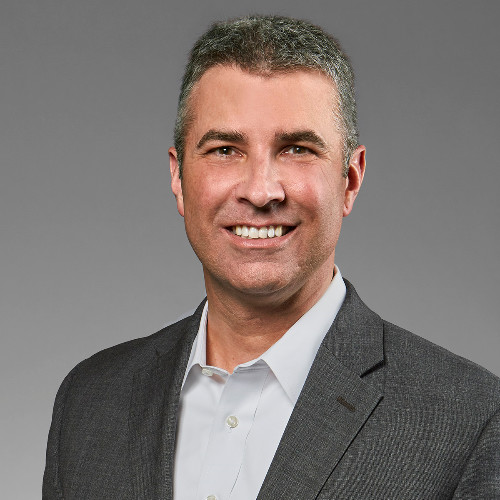Ask an expert: common questions about health insurance
August 10, 2017Only two percent of Minnesotans consider themselves to be an “insurance genius.” Not surprisingly, our customer service team gets many questions about the basics of health insurance.
Since we know many more people might have the same questions but haven’t had time to call, we sat down with a director in our customer service area, who has been helping Blue Cross members for more than 20 years. She gave us quick answers to the most common questions the service team receives.
I don’t understand what my insurance pays. How does it work?
The customer service team often gets calls about how health care gets paid. Here’s a quick breakdown on cost-related terms.
- A deductible is the amount you pay before your health insurance starts paying.
- A copay is a set fee that is generally paid at the time of a doctor’s visit or when you pick up a prescription.
- Coinsurance is the amount you pay after you meet your deductible. It is a percentage of the cost. (i.e. you may pay 20 percent of the cost of an office visit.)
- The out-of-pocket maximum is the most you would ever pay “out of pocket” in a year for approved health costs. Once you reach this amount, services are generally covered at 100%.
Donna points out that “it’s important to understand how you and insurance pay for your health care. It can help you get a better idea about what your costs will be for a medical service or prescription, and budget in advance for it.
I received an Explanation of Benefits. What does it mean?
An Explanation of Benefits, or EOB, is sent to you after you’ve received medical care. It’s important to know that the EOB is not a bill. It will list:
- Services you received
- Total amount billed by the provider
- Health insurance payments made to date
- Costs that you are responsible to pay
“It’s important to match your EOB with the bill from your doctor before you pay,” Donna said. “If there is an error on your EOB, you can call customer service to work through it.”

What does “in-network” mean? How do I find an in-network provider?
When the doctor, hospital or clinic has a contract with Blue Cross and is included in the provider network connected to your health plan , they are known as “in-network”. When you use an in-network provider, you will receive medical services at the best possible cost.
People often call Blue Cross to find an in-network doctor, hospital or clinic. You can also check by logging into your Blue Cross member account and using the provider finder tool.
“If your doctor is out-of-network, there might be options available to you,” Donna said. “Call customer service to learn more about how your out-of-network coverage works, or get help finding an in-network provider.”
What does “formulary” mean?
A formulary is the list of prescription medications covered by your health plan. Formularies can vary, with many focusing on lower-cost generic drugs over brand-names, which can save you money at the pharmacy counter.
The easiest way to check what’s covered is to log into your Blue Cross account, but you can always call customer service, too.
Donna adds that “if your doctor has prescribed a medication not on the formulary list, you can ask him or her for additional options. A Blue Cross nurse guide can also help.”
Why can’t I call about claims for my child or spouse?
The federal government sets privacy laws to protect each person’s private health information (PHI). You will need permission from anyone over the age of 18 to discuss his or her claims or other health information, even if you’re a parent or family member. To do that, fill out the this form.
“This is one of the most common questions we get from members,” Donna notes. “There are options available, but it is a federal law that we need to follow.”
Donna’s most valuable piece of advice
Donna says, “Educate yourself about your health plan. Every plan is different, and there can be changes every year. Read the information your plan sends you. Go to your open enrollment meetings at work. And most importantly, call the number on the back of your card if you have questions. We are here to help. Don’t put that burden on yourself.”




That was informative. Thank you.